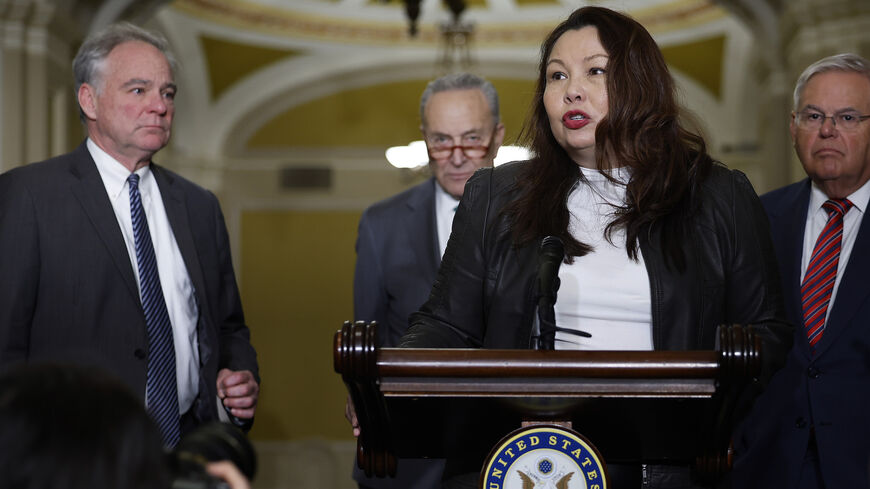Senate passes repeal of Iraq war authorizations

US senators advanced cross-party legislation on Wednesday to repeal authorizations for the wars in Iraq -- 20 years after American forces invaded the country to remove Saddam Hussein from power.
Both parties supported canceling the 2002 Authorization for Use of Military Force (AUMF) that empowered George W Bush to launch the invasion, as well as the 1991 version that allowed his father, George HW Bush, to attack Iraq after Saddam's forces invaded Kuwait.
"The United States, Iraq -- the entire world -- have changed dramatically since 2002, and it's time the laws on the books catch up with those changes," said Chuck Schumer, the leader of the Senate's Democratic majority.
"These AUMFs have outlived their use. These repeals will not harm our service members abroad, nor will it hinder our ability to keep Americans safe."
The repeals passed by 66 votes to 30, with 18 Republicans crossing the aisle to back the Democratic-led initiative.
President Joe Biden has pledged to sign the legislation if it comes to his desk, but its prospects in the Republican-controlled House of Representatives look less certain.
Kevin McCarthy, the top Republican in the House, was recently asked by NBC News if he would bring the repeals to the floor in the lower chamber but he would not commit, saying: "I'd have to look at what their bill does first."
The 2002 AUMF repeal is more controversial than its earlier counterpart, as the later one was used to justify several military operations in Iraq after the end of the war, such as retaliation against Iran-allied militias.
Crucially, it was cited in the January 2020 US assassination in Baghdad of Iranian general Qasem Soleimani, ordered by Donald Trump.
The legislation does not cancel the 2001 authorization of war in Afghanistan that gave presidents broad powers to order military force against Al-Qaeda and its offshoots in Syria, Yemen, Somalia and other parts of Africa.
Almost 4,500 US service members had died in Iraq by the time the last combat troops departed in 2011, while the war had claimed the lives of more than 100,000 Iraqi civilians, according to the Iraq Body Count group.
More than 32,000 Americans were wounded and tens of thousands struggle to this day from the effects of toxic burn pit exposure, post-traumatic stress disorder and other chronic conditions.





